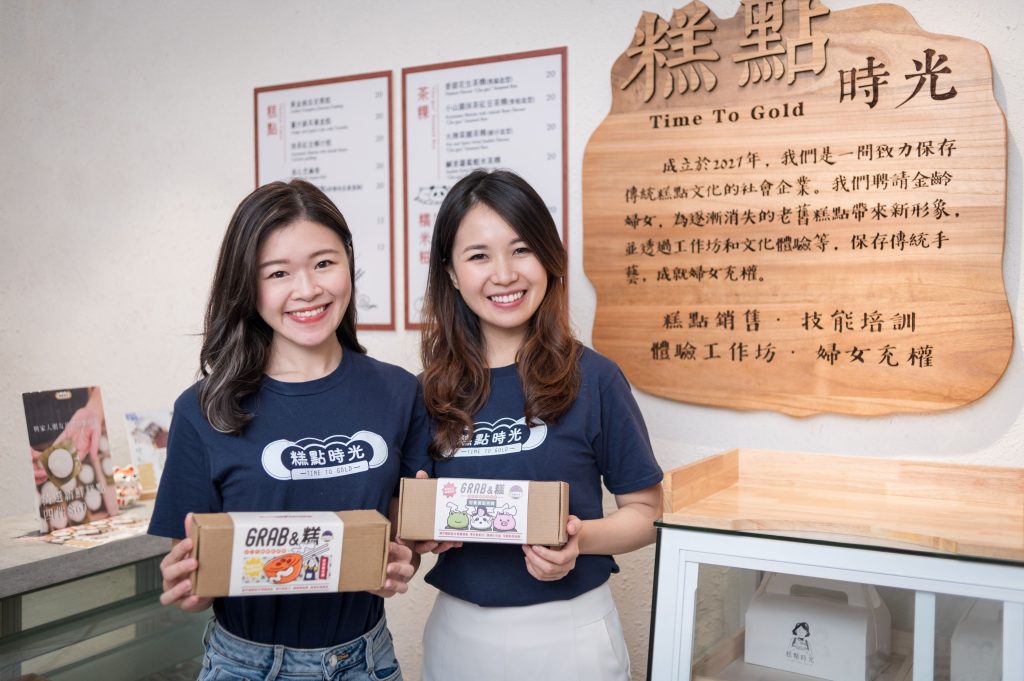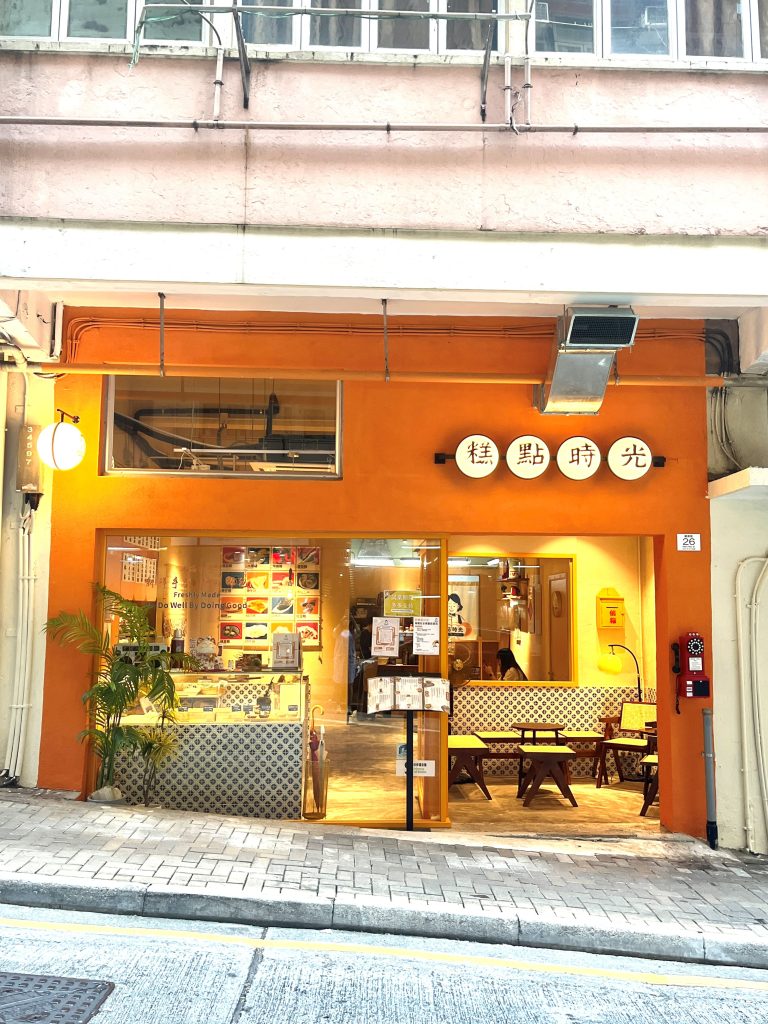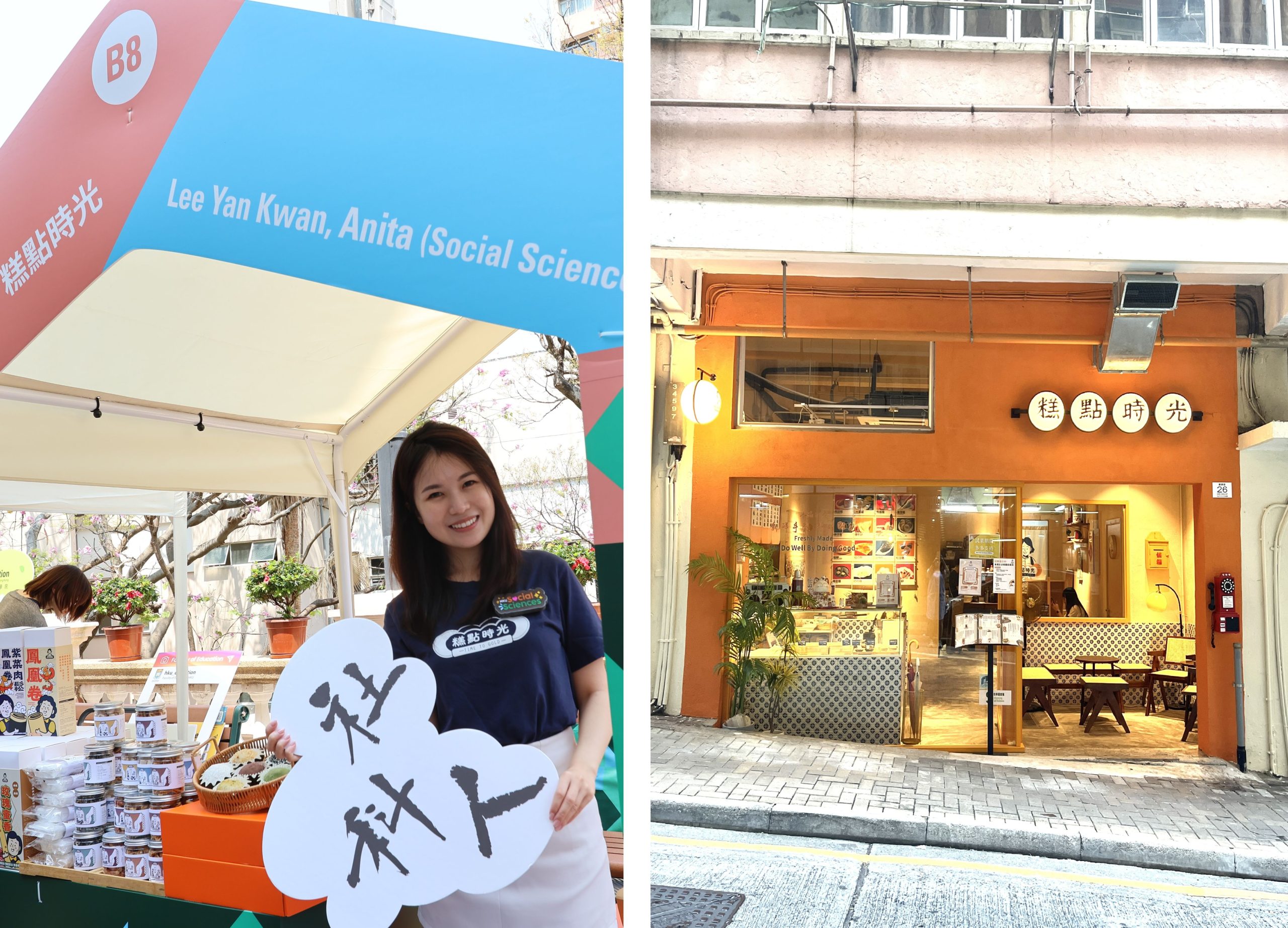Anita Lee’s Inspiring Journey: Merging Tradition with Empowerment to Transform Community Resilience
Anita Lee, a young alumna of Bachelor of Social Sciences (BSocSc) and Master of Social Sciences (Media, Culture and Creative Cities) [MSocSc(MCCC)] programmes at the University of Hong Kong, integrated the preservation of traditional patrimony with her social impact initiatives, creating a cohesive approach to cultural sustainability and community development. Anita is currently serving on the Advisory Committee of Chinese Medicine Development Fund and District Youth Community Building Committee.
Anita’s student life at HKU was a transformative journey. During her studies in BSocSc, she was exposed to a diverse range of social science disciplines, from sociology to international politics. The rigorous coursework and interactive seminars fostered critical thinking and a deep understanding of social issues. These experiences helped her identify pressing social challenges and understand their root causes, forming the foundation of the enterprise’s mission to address these problems. Professors’ real-world examples and case studies effectively bridged theory and practice. Courses on social policy and social change inspired her to develop sustainable solutions.
In her MSocSc(MCCC) studies, she delved into more specialized areas such as communication and community engagement. Group projects and fieldwork provided practical applications of her knowledge, shaping the early structure of the enterprise. These experiences enabled her to build strong partnerships with stakeholders and develop strategies to effectively reach and impact our target communities. The programme not only enriched her academic understanding but also equipped her with the skills necessary to run a social enterprise.
The decision to start her social enterprise was driven by two main factors: the struggles she saw during the COVID-19 pandemic and her love for traditional pastries. When she graduated, the pandemic had forced many people to stay home, leading to job losses and a tough economy. Golden-aged women in particular—often the backbone of their families—found it hard to secure work. At the same time, she wanted to share her passion for traditional pastries. Combining these ideas, she founded Time to Gold to help empower these individuals by providing job opportunities through preserving and sharing culinary heritage.


One of the greatest challenges in managing a mission-driven business is balancing social impact with financial sustainability. While her commitment to achieving social goals often requires substantial resources, they also need to generate sufficient revenue to sustain operations. There have been times when they had to make difficult decisions, such as scaling back certain social programmes due to budget constraints. Nevertheless, she learned to innovate by exploring new business models, including partnerships with for-profit companies, to ensure both their social mission and financial stability.
 Moving forward, she envisions expanding the social enterprise beyond the local community by introducing Hong Kong’s traditional pastries to a global audience. Through curated cultural experiences, bilingual workshops, and partnerships with tourism platforms, she aims to create immersive encounters where visitors not only taste the heritage but understand it. Her goal is to let every pastry tell a story — so that foreigners leave Hong Kong with more than a souvenir, but a lasting connection to the local culture.
Moving forward, she envisions expanding the social enterprise beyond the local community by introducing Hong Kong’s traditional pastries to a global audience. Through curated cultural experiences, bilingual workshops, and partnerships with tourism platforms, she aims to create immersive encounters where visitors not only taste the heritage but understand it. Her goal is to let every pastry tell a story — so that foreigners leave Hong Kong with more than a souvenir, but a lasting connection to the local culture.
For current Social Sciences students aspiring to launch social ventures, Anita offers the following advice:
• Leverage your academic knowledge—identify social issues you are passionate about and use your studies to gain a comprehensive understanding of them.
• Gain practical experience through internships, volunteer work, or small-scale projects related to your interests. This hands-on experience is invaluable for developing skills and building a professional network.
• Don’t be afraid of failure. Experiment, learn from setbacks, and refine your ideas.
• Build a diverse team with complementary skills. A team with varied backgrounds and perspectives can bring fresh solutions and drive success.
